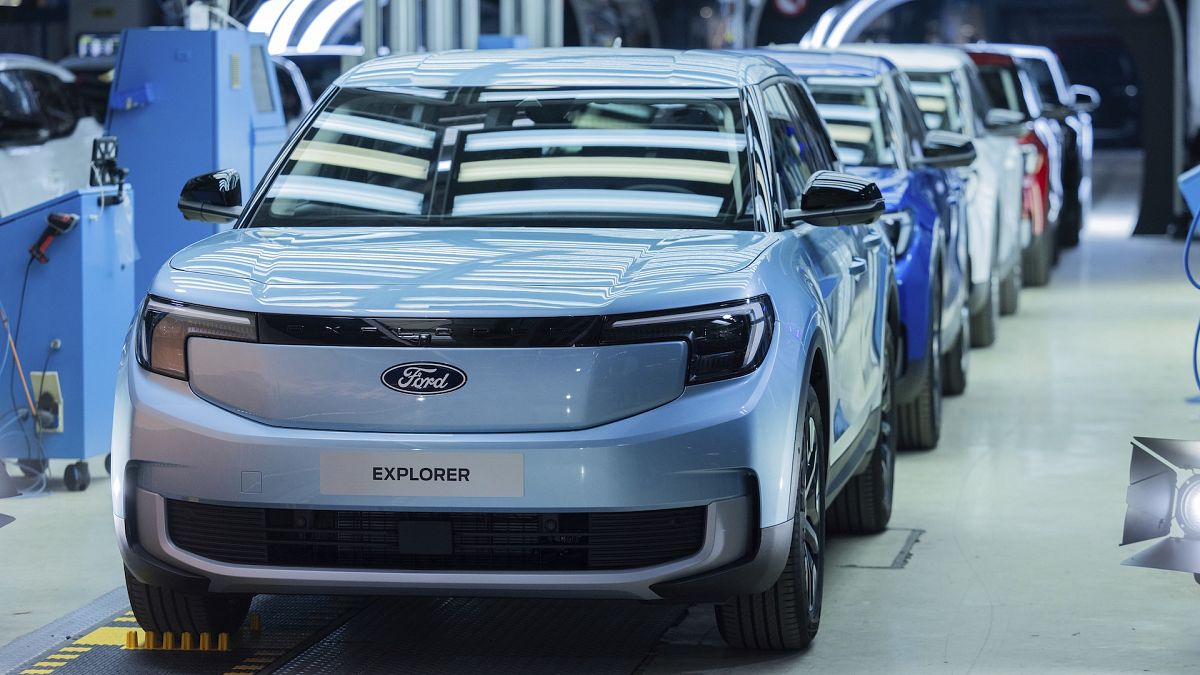Sales of electric cars have dropped off particularly in Germany as government financial incentives for electric vehicles slowed down. Consumers are also spending less amid fears of problems with the economy.
Electric car registrations for the European Union in July saw a fall of 10.8%, according to newly released figures from the European Automobile Manufacturers' Association (ACEA). A total of 102,705 electric cars were sold in July, with the market share falling to 12.1% compared with 13.5% for the same month last year.
European Union passenger car registration numbers for July rose 0.2% year-on-year to 852,051 units, the ACEA revealed. It was the second consecutive month of growth although a much smaller rise than the 4.3% increase seen in June.
For the seven months until the end of July, car registrations increased 3.9% year-on-year to a total of more than 6.5 million sales, with electric car registrations accounting for 12.5% of the total market share.
The main countries driving growth in July were Spain, which saw a 3.4% increase in registrations and Italy, with a 4.7% rise. Car registrations in Germany were down 2.1%, and 2.3% in France.
Germany lagging battery-electric vehicle (BEV) registrations
Germany saw electric vehicle registrations plunge -36.8% in July. One reason for the drop in sales in Germany was because government financial incentives for EV vehicle purchases have slowed down, meaning the cost of the cars remains too high for many buyers.
Conversely, the Netherlands recorded an 8.9% increase in electric vehicle registrations, whereas Belgium revealed that EV registrations soared 44.2% in July. France also experienced electric car registrations inch up 1%.
However, these countries' improvements in EV registrations were still not enough to make up for Germany's performance.
For the first seven months of the year, 815,399 new electric cars were registered in Europe.
Following the same trend, plug-in hybrid car sales in Europe also saw a drop of 14.1% in July, although Germany did record a 3.2% boost. Plug-in hybrid cars made up 6.8% of the overall automotive market in July 2024, selling 57,679 units. This was a slight fall from the 7.9% market share last July.
Hybrid-electric cars sales also increase 25.7% in July, with approximately 273,003 units sold. Spain experienced a rise of 31.5% in hybrid-electric cars, whereas Italy recorded a 17.4% hike. Germany revealed a 22.4% increase, while hybrid-electric car sales surged 47.4% in France.
Petrol cars see decline in sales in July
Petrol car sales fell 7% in July, with Spain experiencing a sales plunge of -12.5% and France recording sales down by -22.6%. However, Germany announced a 0.1% increase in petrol car sales, whereas Italy revealed a 3.8% increase.
Diesel car registrations also dropped widely across Europe. This was mainly driven by Italy, which experienced a drop of -24.6% in diesel car sales, as well as Spain, which recorded a decrease of -11.6% and France, with a fall of -23.9%. However, Germany noted a slight increase of 1.4% in diesel car registrations.















